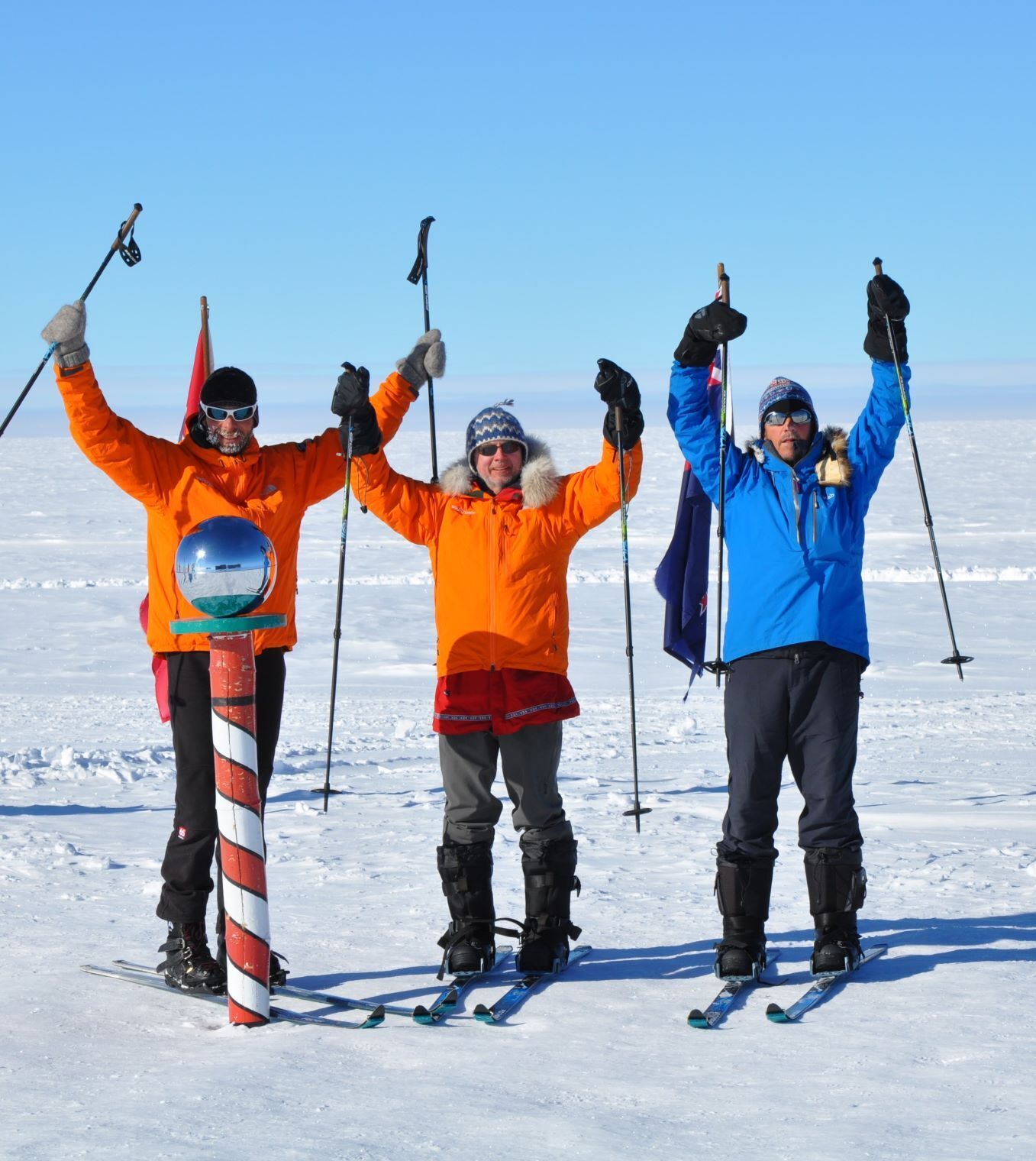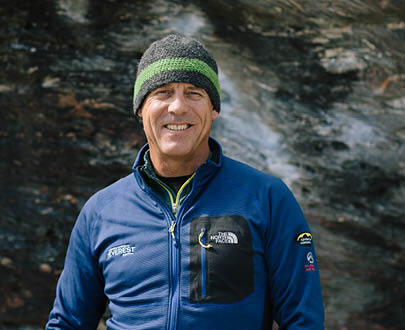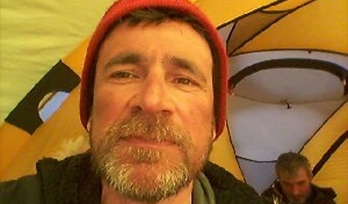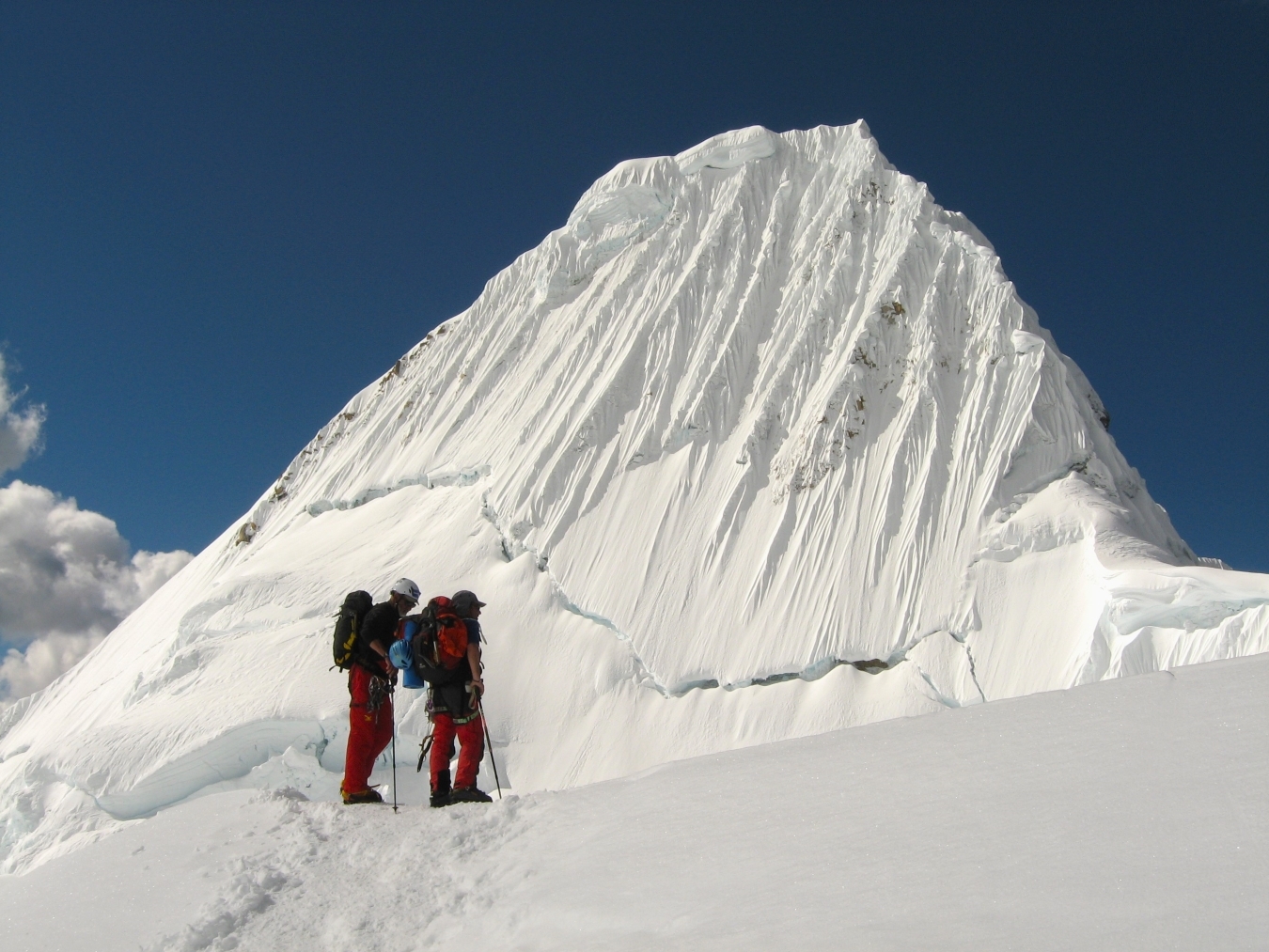An essential ingredient for participants is physical fortitude for working hard in a high-altitude, cold-weather environment, hence each member must be extremely strong and healthy. Team members will haul sleds weighing (initially) around 75kg/165lb of provisions as well as both personal and group equipment. Each day will be long and arduous, and all team members must possess sufficient strength and fitness to be able to contribute to establishing camp, putting up tents, and cook meals after a hard day. This can only be achieved with considerable and focused physical preparation.
One of the ultimate adventures on earth has to be Antarctica’s Ski the Last Degree expedition. This incredible journey involves skiing the final ten days of the trek to the South Pole, using sleds to haul our provisions.
Each day we face the big white expanse of the polar plateau working our way inexorably towards our ultimate destination; the southernmost point on earth.On the South Pole – Ski the Last Degree expedition, you will fly over the vast white interior of the continent to reach the starting point at 89º South.Our arrival into the South Pole itself is often an emotion-generating moment, signifying the transition from the austere beauty of the great white south to the imminent comforts of civilization and homeward travel about to commence. Join us on this exceptional journey.
- Travel by ski to the South Pole
- Discover Antarctica’s vast interior
- A short but fully encompassing adventure to the bottom of the world!
Polar Experience
Polar Experience
Intermediate
Elevation
Elevation
2,835m/9,301ft
Duration
Duration
17 days
Location
Location
Antarctica
| Meet in Punta Arenas, Chile |
Weighing and loading of gear
Expedition Briefing
Fly to Union Glacier, Antarctica
Training Days
Fly to 89º South
Ski to the South Pole
Arrive at the South Pole
Fly South Pole to Union Glacier
Return to Punta Arenas, Chile
Depart for home
Flights to and from Antarctica are subject to weather. Delays can and often do occur therefore it is important to allow some flexibility with airline travel arrangements at the end of the expedition.
Every effort will be made to ensure the expedition itinerary is adhered to but Antarctica is the most remote and isolated continent on earth. The above program is subject to change such as may be affected by weather conditions and aircraft serviceability and other factors out of the hands of Adventure Consultants or its staff and contractors. While every effort is made to ensure the expedition is run to schedule, acceptance onto the expedition is based on your acceptance of those conditions. Having stated that, our track record in Antarctica is impeccable but it is a sign of our respect of Antarctica’s environmental omnipotence that we alert you to those possibilities.
Departures and Pricing
Add on a climb of Antarctica's highest Mount Vinson in the booking form
PREPARE
Team members must be conversant in winter camping skills which includes putting up tents and camping in the snow and cooking with lightweight mountain stoves. Team members must have a full awareness of their personal parameters in extreme environments such as their food intake and hydration needs, thermo-regulation and avoidance of cold-weather-injury. We recommend participants have previous polar travel experience or have completed a polar travel course.
We strongly recommend participants to train in nordic skiing skills and sled hauling as this will enable you to conserve energy on the expedition.
Adventure Consultants is renowned for the quality of its service and strategy applied to high altitude expedition climbing and polar travel. Our reputation is attributed to meticulous planning and experienced logistics coordination. We have a philosophy of investing in every expedition to offer our climbers the best possible chance of success.
We employ strong and specialised Expedition Leaders and support staff, whom are some of the most pre-eminent in the industry. We pride ourselves on operating with small teams, the best back-up and support available. This includes nutritious and ample quantities of food, comfortable base camp facilities, reliable communications systems and the necessary medical back up.
Many of our expedition members come to us because they have seen us in action on a previous trip and decide to opt for our level of service and proven experience. Others return because they know we do our very best to make expeditions safe and successful.

The price of your trip includes the following:
- Flights to and from Union Glacier in Antarctica
- Flights from Union Glacier to 89º South and from South Pole back to Union Glacier camp
- All group equipment including sleds, cooking gear etc
- Skis, poles & skins
- Tents and food while in Antarctica
- Mountain guides
- Access to our satellite telephone for outgoing calls
- Dispatch webpage updated throughout the trip for friends & family to follow
- Transport of 23kg/51lbs of personal equipment.














